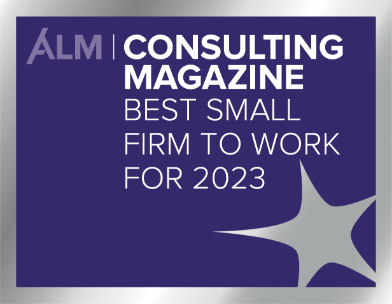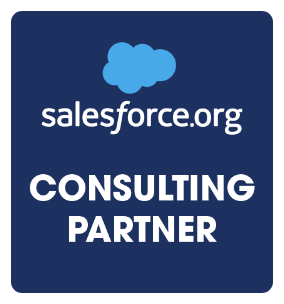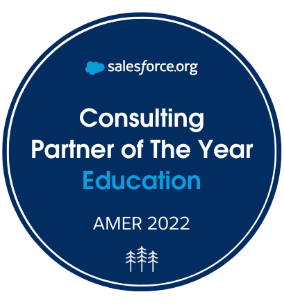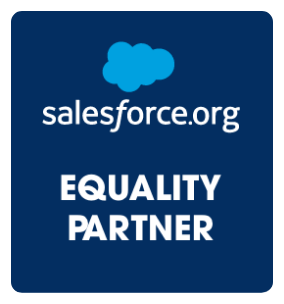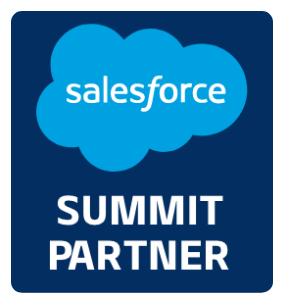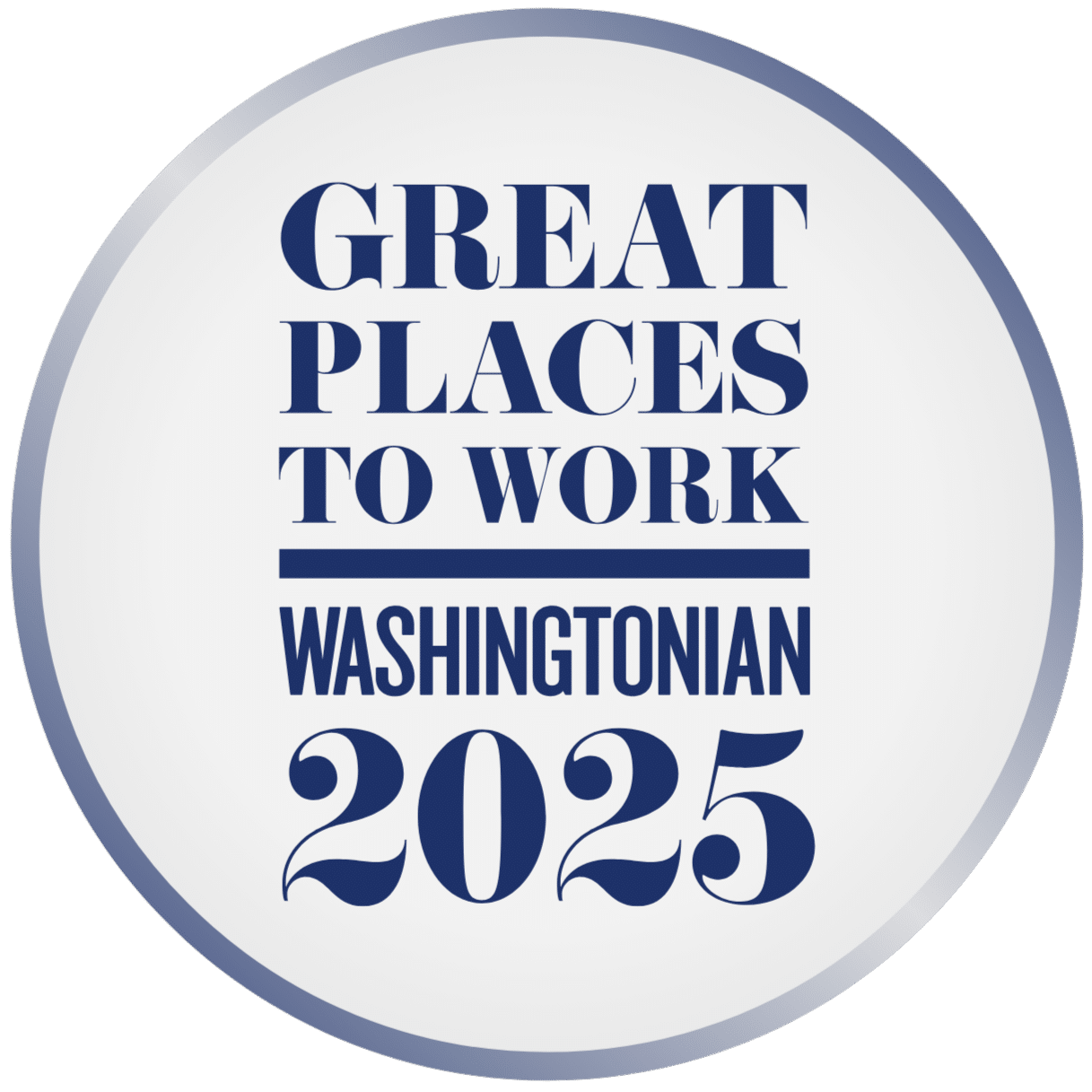Event Details
Louisville, KY
June 11 - 14, 2023
Attain Partners is speaking during the 2023 SRAI Joint Section Meeting! Hear from our research administration experts June 11–14 in Louisville, KY. See details below.
Are you attending? Add these informative sessions to your conference agenda—or meet one-on-one with our experts. We’d love to schedule a time to discuss solutions for any current issues your institution may be facing. Contact us today.
Learn more about the event here.
Workshops
Departmental and Central Research Administration Structures
Sunday, June 11 | 1:30p – 5p
Hosted by Anthony Cassese, MBA, Senior Consultant, Grants Administration, Attain Partners; Amanda Seymour, CRA, Manager, Attain Partners; Jason Claes, MBA, MSM, GRCRA, Oncology Clinical Research Manager, TriHealth, Inc.
One size does NOT fit all. There are countless forms of research administration structures, all customized based on various attributes, and of course ever-changing. To help the constant customization process, it is important for research administrators to discuss their experiences of what worked, what didn’t, and what could. This workshop will consist of individual and group exercises that examine several types of structures, open discussion groups to share experiences, and a final session that brings everyone together to develop potential solutions. Sometimes, just a small tweak can help immensely; and hopefully, this workshop will spark new ideas and connections.
Learning Objectives
- Communicate potential structural enhancements to leadership.
- Create relationships in which ideas and or solutions can be discussed in further detail.
Sessions
Do You Speak Research Administration? Do I Have Something to Tell You?!
Tuesday, June 13 | 9:30a – 10:30a
Hosted by Amanda Seymour, CRA, Manager, Attain Partners; Nadia Kikilo, MBA, Senior Manager, Attain Partners
Many research administrators have moved into new leadership or management roles at the department level and stepped into what sometimes appears to be a disaster by finding non-compliant practices, inefficient workflows, and a lack of sound post-award and financial management practices. Gut instinct is to rush to the Director or high-level leadership, but without proper tactics and preparation, this could create unnecessary conflict, and tension with team members and could potentially cause the director to have hesitation in building trust with the new incumbent. While the new role may be at a mid-management level and can have several years of research administration experience, rushing to judgment without listening to the team and leadership to understand and acknowledge why the ways things are can prevent operations from changing and improving. This session will demonstrate through discussion and role-playing the do’s and don’ts of communicating department-level business operations issues and how to approach the team and leaders to form a consensus and followership for the desired changes.
Learning Objectives
- How to convey to leadership and/or team members the need to kickstart process change and improvement to move forward and “be better”.
- How becoming an effective listener will better prepare you to communicate effectively the need for change and/or delivering bad news.
Grappling with the Great Resignation – Recruitment and Retention in Research Administration
Tuesday, June 13 | 11a – 12p
Hosted by John Hedberg, CRA, Senior Associate, Attain Partners; Dara Little, Assistant Vice President for Research and Sponsored Programs, Northern Illinois University
The Great Resignation brought about immense change and challenges within the world of research administration, particularly in the ways that we work and what our teams need to succeed. Retention and recruitment easily moved to the top spots for issues facing employers. Not only can turnover affect the morale of your office, but it can also be very costly. This session will focus on what we can do as research administrators and managers to help alleviate these issues.
Learning Objectives:
- Learn the factors motivating people to leave their jobs.
- What you can implement at your institution to improve recruitment and retention.
What are the Career Paths that Lead to a Director’s Position?
Tuesday, June 13 | 3p – 4p
Hosted by Amanda Seymour, CRA, MBA, Manager, Attain Partners; Monica Polk, DNP, MBA, RN, Director Research Operations and Clinical Trials Office, Dartmouth Health; Kimberly Read, PhD, CRA, Director, Business & Research Administration, University of South Florida; Stephanie Stone, JD, Director – Contracting, Mass General Brigham Inc.
Have you ever turned around and looked back the way you came? How did you get from lab research assistant to the operations director or a student intern to a contracts director? Isn’t it amazing to see where you were five years ago or 10 years ago in your career? What do you see when you look toward the horizon? What is your goal for your career? Perhaps you are an assistant director wanting to take the next wrung on the ladder. Maybe you are a new supervisor tasked with building a specialty team you will direct. Maybe you are brand new to the field of research administration and you are wondering where this career can take you. In this forum, the members of the panel, all current directors, are going to chat about their career paths, the right choices they made, and some things that may have hindered them. We are also going to discuss some standard education and work experience that facilitate promotions into director positions. This is an open forum discussion, so we are looking forward to learning about your experiences as well as building our networks.
Learning Objectives:
- Identify experiences that furthered the career of current directors.
- Learn about work experience that improves promotability into director positions.
- Gain new members to your professional network (Bring your business cards!)
Research Administration Structures: The Attributes and Customization
Wednesday, June 14 | 11a – 12p
Hosted by Anthony Cassese, MBA, Senior Consultant, Grants Administration, Attain Partners
There are countless forms of research admin structures, all customized based on various attributes, and of course ever-changing. To help the constant customization process, it is important for research administrators to discuss their experiences of what worked, what didn’t, and what could. This session will examine several structures within a department, central office, and hybrid, diving into the philosophy and attributes that pushed forward the current structures and discussing potential solutions and enhancements. Sometimes, just a small tweak can help immensely; and hopefully, this session will spark new ideas and connections.
Learning Objectives
- Spark interest to create enhancements and efficiencies within current structural arrangements.
- Understand the whys behind some structural decisions.





